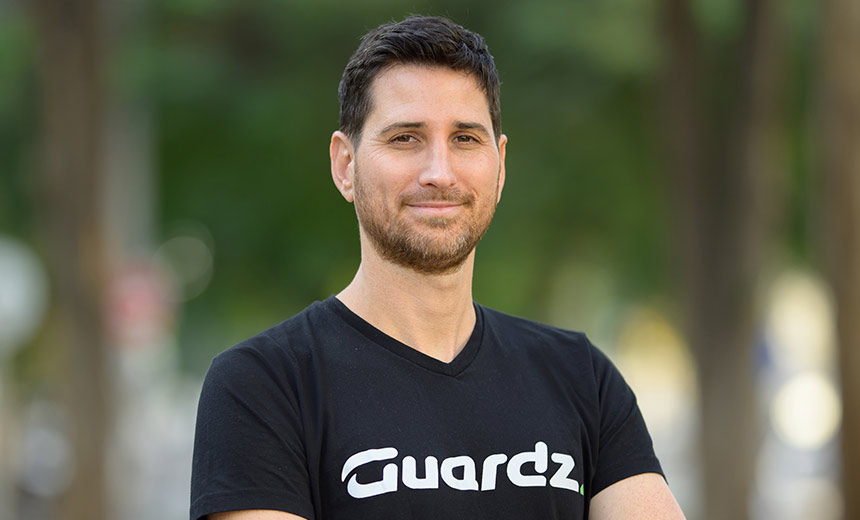Artificial Intelligence & Machine Learning,
Governance & Risk Management,
Managed Security Service Provider (MSSP)
Startup Secures $56 Million to Enhance AI-Driven Cybersecurity Solutions for MSPs

Miami-based Guardz, a cybersecurity startup co-founded by a former IntSights executive, has successfully raised $56 million in funding aimed at developing an integrated cybersecurity automation platform tailored for Managed Security Service Providers (MSSPs). The investment will enable Guardz to leverage advanced language models to bolster its artificial intelligence capabilities, facilitating a seamless security experience for MSPs who often depend on various disparate tools.
According to Dor Eisner, co-founder and CEO, this funding for Series B will allow the company to diminish reliance on multiple point solutions while streamlining security operations across identity management, email security, endpoint protection, data integrity, and user awareness training. “Our strategic plan outlines how we will scale over the next two to three years,” Eisner stated, emphasizing the importance of this financial backing for expanding engineering capabilities and market outreach efforts.
Founded in 2022, Guardz has so far attracted $118 million in external investment, following an $18 million Series A funding round led by Glilot+ in December 2023. Eisner previously managed business development at IntSights, a threat intelligence firm sold for $322.2 million to Rapid7 in July 2021.
Using AI for Enhanced Cyber Defense
In response to increasingly sophisticated cybercriminal tactics, particularly those employing generative AI in attack-as-a-service offerings, Guardz is focused on accelerating product development and market penetration. The latest funding round was co-led by ClearSky, which has a strong track record in cybersecurity investments for MSPs. Eisner praised their expertise, noting it will be invaluable in navigating the market landscape.
“AI empowers us to enhance our automation for detection and response,” Eisner remarked. “The dynamics of the cybersecurity landscape are shifting for both adversaries and defenders.” The company is developing proprietary AI models trained on data from the thousands of businesses it protects, building upon its robust data pipelines and security training protocols.
Guardz aims to construct a unified cybersecurity platform integrating native AI capabilities for both detection and response. Eisner underscored the company’s commitment to expanding its workforce dedicated to AI innovation, which will enhance model precision and operational sophistication in threat response.
By utilizing a consolidated data lake that aggregates and correlates threat intelligence across various users and endpoints, Guardz is simplifying client security management for MSPs, ultimately easing operational burdens. “Our system can automatically analyze and respond to thousands of threat detections across different users,” he elaborated.
Focus on North American Market
As Guardz looks to grow its employee base from 85 to 170 within the next year, Eisner stated that the primary focus will remain within North America, where approximately 80% of their clientele is located. Although international expansion is on the horizon, the current market’s potential is deemed vital for adoption among small businesses, which Eisner believes will embrace cybersecurity faster than their counterparts in other regions.
While noting that competitors such as Huntress, Blackpoint, and Coro provide valuable point solutions, Eisner highlighted that Guardz offers a more comprehensive package that replaces multiple separate tools with a singular platform. This holistic approach positions Guardz favorably in a rapidly evolving market where cybersecurity solutions will become essential for small businesses in the coming decade.
Guardz operates through a white-label model, enabling MSPs to offer its platform while retaining brand identity and customer relations. This strategy capitalizes on existing trust that MSPs have established with small businesses, simplifying the delivery of enterprise-level security without the complexities of managing multiple products.
“Our focus is on engaging with more MSPs and enhancing community outreach to drive growth,” Eisner concluded. “Investment will be directed towards empowering the MSP community to foster better cybersecurity practices.”